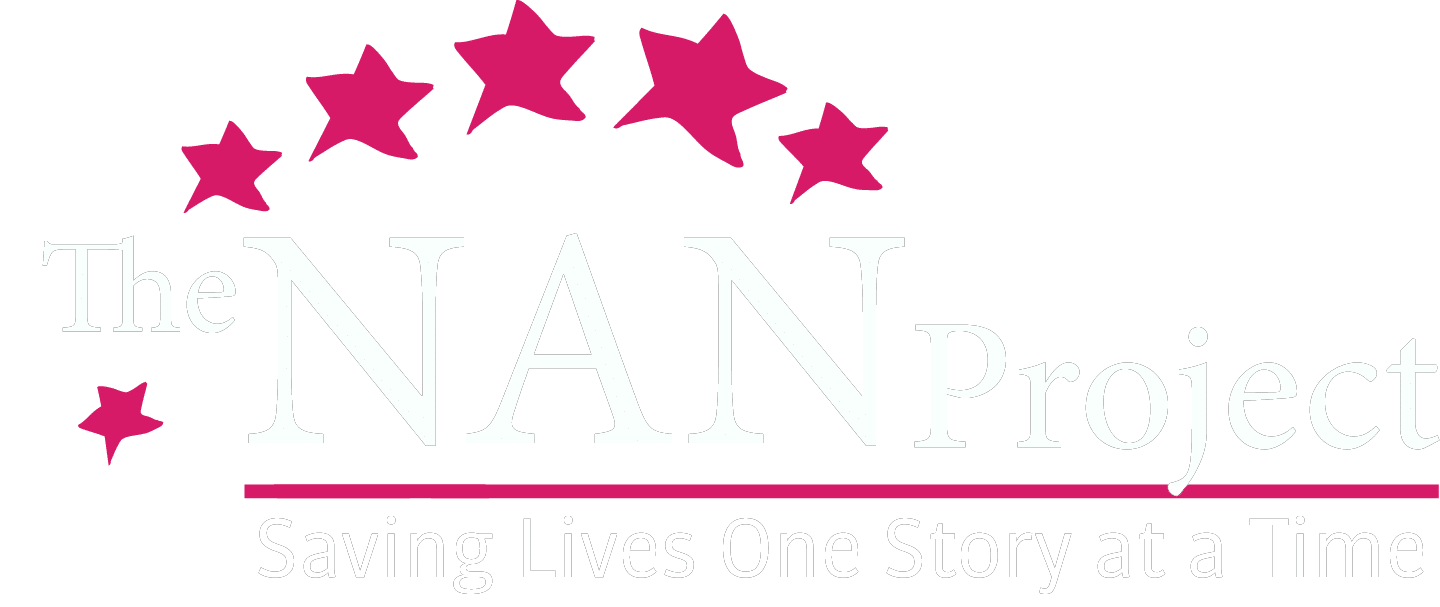News & Blogs
Who we are
Stay updated on everything going on with The NAN Project
Presentations to Woburn Memorial High School
First In-Person Presentations to Lawrence High School
CHNA15 Showcase & North Reading High School Presentations
Presentations to 82 8th Graders at McCall Middle School
Presentations to 9th Graders at Milford High School
Tabling in Danvers and Wakefield
Presentations at North Reading High School
The NAN Project Recognized During Children’s Mental Health Week
Presentation at the American Association of Suicidology Conference in Chicago
First Out of State Presentation and Peer Mentor Graduation
